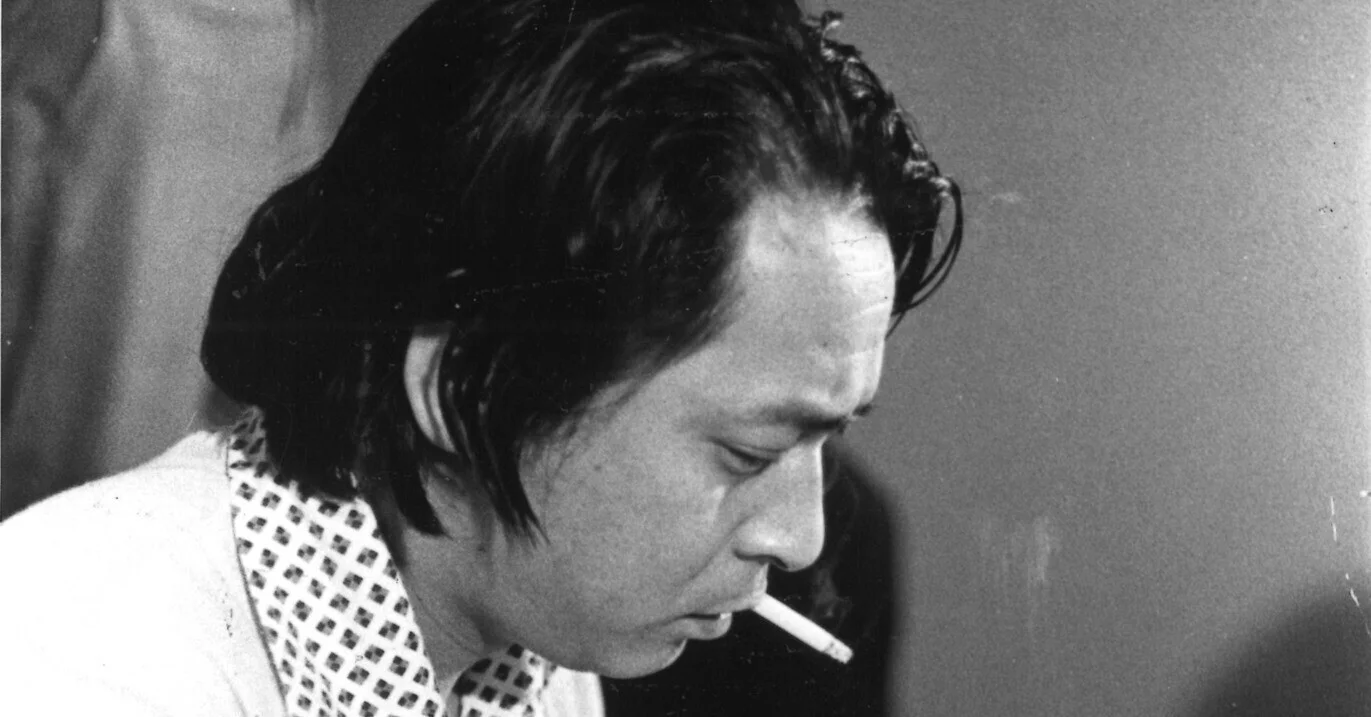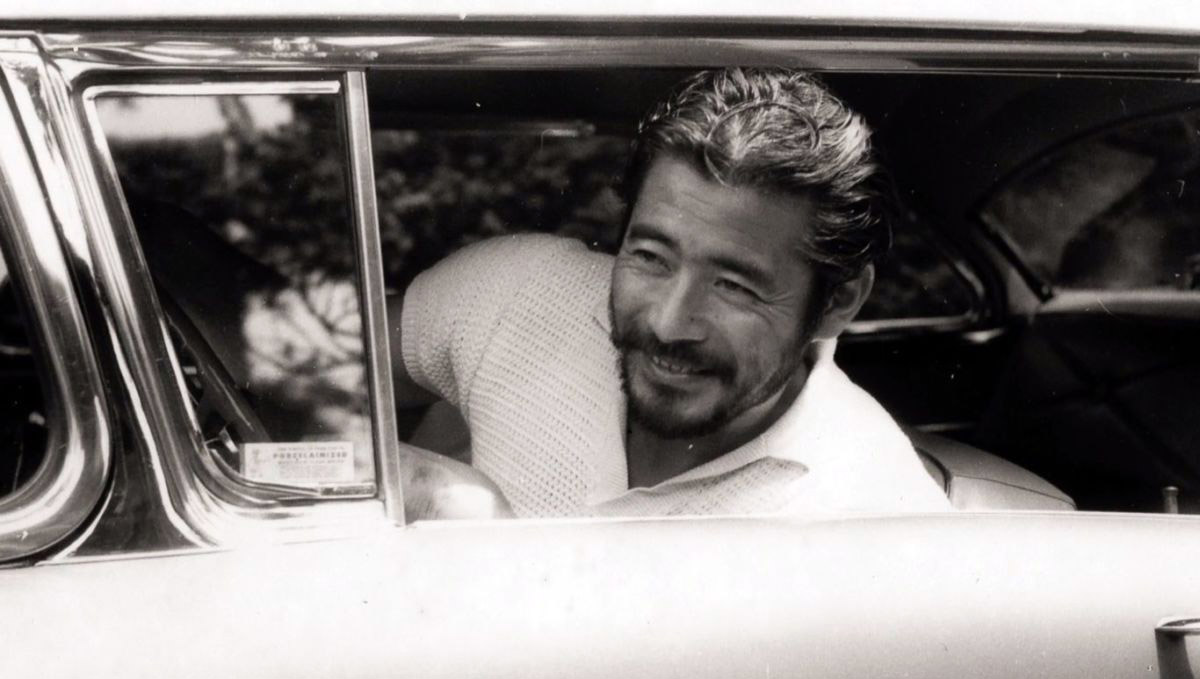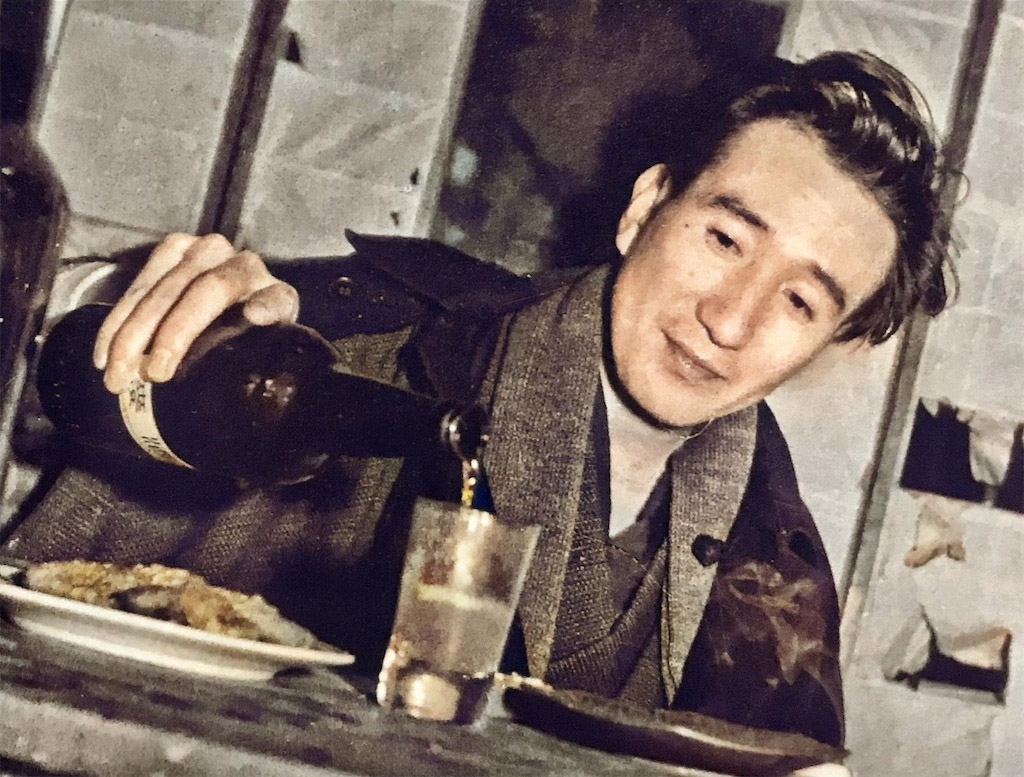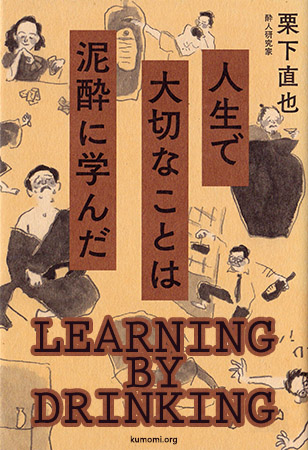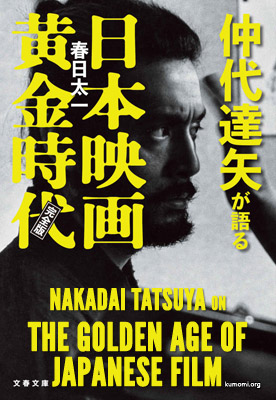Kojima Takeo
If you’re broke but still you drink anyway
Mahjong player | 11 February 1936 – 28 May 2018
How to drink when you have no money?
This is a major dilemma for the destitute salaryman. “Just sit still and don’t go drinking then.” “Why not just drink at home?” If these were viable options, it’d be a non-issue to begin with.
Listen, we’re not asking for the world here. We’re not asking to be in Ginza drinking bottles of Rémy Martin, or that it has to be literally Igawa Haruka fixing us highballs at the counter.
But hell, it’d be nice to at least get to drink some draft beer in some back alley that reeks of piss. We simply want some cloudy sake to make our minds cloudy, too. Sometimes it gets old just drinking chu-hi’s and watching YouTube videos, you know?
You work and you work, but you just never seem to have any money. You save and you save, until finally you have enough that you just might be able to go out drinking. But even if you did, what’s the use? It would only feel suffocating. No wonder you feel miserable—under those circumstances, even great men would be staring into the palms of their hands in despair. Just what is one to do?
